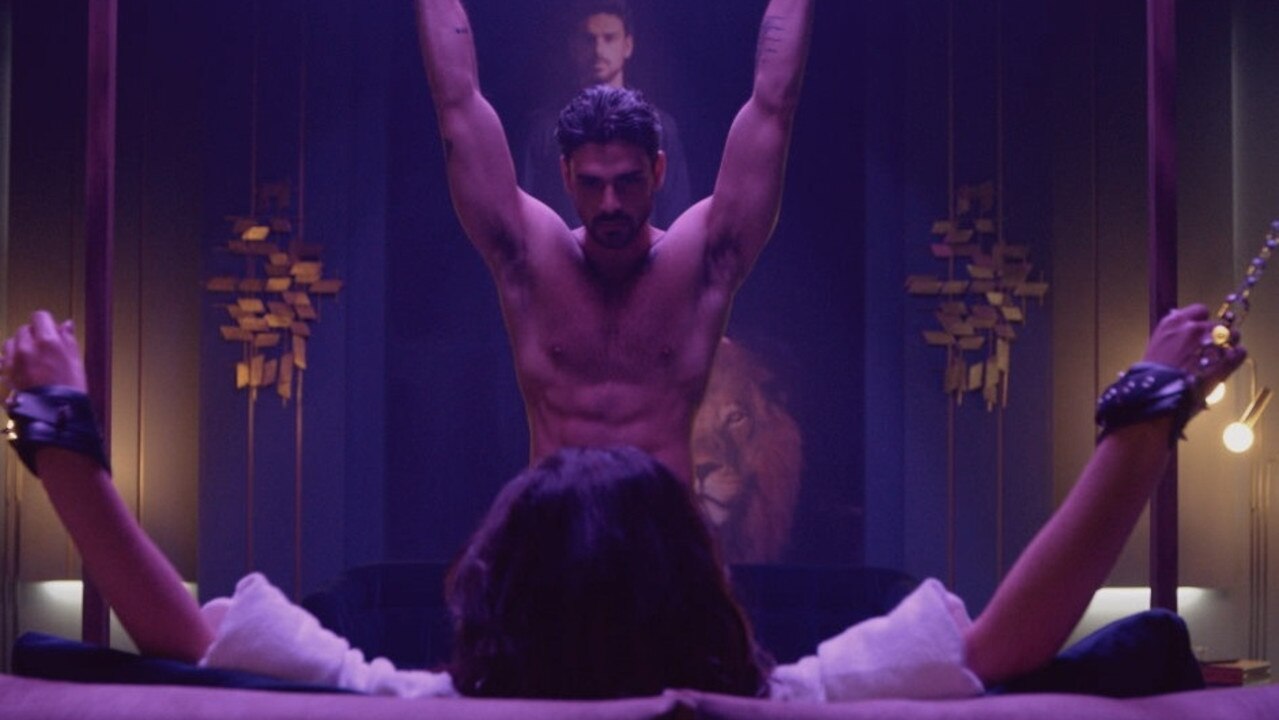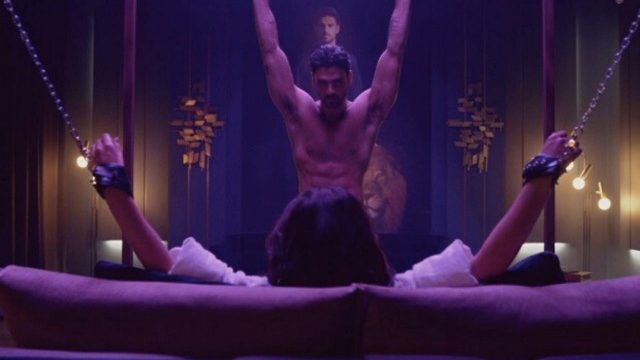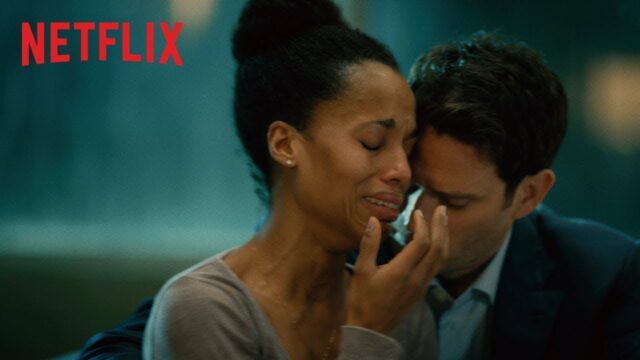Every year, the disaster of Valentine’s day leaves a cluster of romantic comedies in its wake. 365 Days (also known as 365 dni) is a film unlike these, known for its mature (read: erotic) love story. It has been adopted as her latest film by Polish writer and director Barbara Bialowas.
Acquired by Netflix after titillating the Polish box office into submission, it was seen by a record 1.6 million viewers on its first weekend, marking the best opening weekend for Polish cinema in 2020 so far. But, while Poland was entranced by the books’ success before the release of the film, will the film’s thrill be lost in translation for global viewers? Read on to find out.
1. Quick Review
365 Days
Air Date: February 7, 2020 Status: Finished Studio: Ekipa Sp. z o.o., Future Space, Next Film, TVN365 days is a result of the adaptation of multiple novels stripped down to their most vital part for creating a single film. The result? A captivating experience littered with trashy sexual debauchery, overpowering melodrama, and, of course, dripping with high camp. It is a paradoxical situation to be in.
However, it is disturbingly engrossing with its costumes and sexual appeal, it is almost laughably poorly executed in pockets. While the narrative twists with frantic energy and half-baked story development, 365 days is immensely entertaining with sexual tension and an almost passionate, raw appeal.
2. Is it worth watching?
The influence of the Polish erotic novels is large in Bialowas’ film; the screen is saturated by luxurious costumes and locales, flitting from montages to shopping and makeovers to disturbing accounts of sexual intimidation and assault.
While the director has evidently made use of the film’s budget for costumes and toys, she has barely found time in the film to give it any semblance of a plot. Ironically, the film is so obsessed with the apparent atrocities of the flesh that it fails to reach a satisfying climax, without a hint of there being more to come (pun intended).
I. Plot
365 days tells the story of Massimo Torricelli (played by Michele Morrone), the newly-crowned heir to a major Sicilian criminal organization. Upon seeing successful Varsovian hotel sales director Laura Biel (played by Anna Maria Sieklucka) when she is on holiday in Sicily, he falls for her and decides to kidnap her.
When she comes to, Massimo tells Laura she is captive at his villa, and that she has 365 days to fall in love with him. If she doesn’t, he will let her go. While Laura initially resists Massimo’s womanizing ways, she gives in to his sexual game-playing and tensely teasing ways.
With the more time they spend, the more passion and sexual tension develop between the pair. When it boils over, Massimo and Laura find their relationship taking a new, unexplored route.
While Morrone suffers from his character’s one-dimensional sexual aggressiveness (which is suddenly buried when the film opts for a more traditionally romantic tone), he has a magnetic presence and a powerful charisma that the audience picks up off-screen.

Sieklucka’s and his somewhat killer chemistry prove to be the eye of the film’s storm. However, it is to be understood that these performers are not well known for their acting prowess, but simply for the basal fact that they are both extremely good-looking stars who pair each other well and look great naked.
Director Bialowas understands this, and so, portrays them as extremely passionate, with an animalistic appeal.
II. Music and Visuals
With renowned music producers Mateusz and Michal Sarapata spearheading this, the soundtrack is a blend of contemporary pop songs and lead actor Michele Morrone’s original compositions.
Morrone’s single Watch Me Burn was released in this film, after which he released his new single Dark Room independently, said to have been inspired by it. With songs entitled Hard For Me, Lost In Your Eyes, and Here she Comes Again, it is apparent that the film puts sex at the forefront, and the sexual innuendos just don’t seem to stop.
The high camp and glamour of this film ooze wealth and sex. The costumes build up the feeling reminiscent of the 90s erotic camp masterpieces Basic Instinct, Showgirls, or even Striptease.
This, paired with the morosely wooden delivery from Anna Maria Sieklucka in her plentiful nudity expected from her, often resulted in unintentionally comic over-sexualized moments.
3. Final Thoughts
Despite the fact that 365 days have a female writer and director, the film’s female characters seem to project a sense of self-worth or lack thereof. This ultimately leads to countless problematic scenarios that feel extremely disturbing to watch in the wake of the #MeToo movement, almost as though the audience was complicit.
While Laura initially resists Massimo’s advances, she is apparently swayed by his rough teasing, physical intimidation, and sexual exploitation. Her façade falls when Bialowas encompasses her character with the common female stereotype of being charmed by a man with a large, er, bank balance.
Unlimited shopping trips and montages of designer handbags put the supposedly progressive film to shame with its use of stereotypes.
Still, Bialowas’ film will prove to be a titillating, engrossing, high camp spectacle if you’re willing to overlook the obvious and prominent challenges in the content.










No Comments on Is ‘365 Days’ Worth Watching? A Complete Review